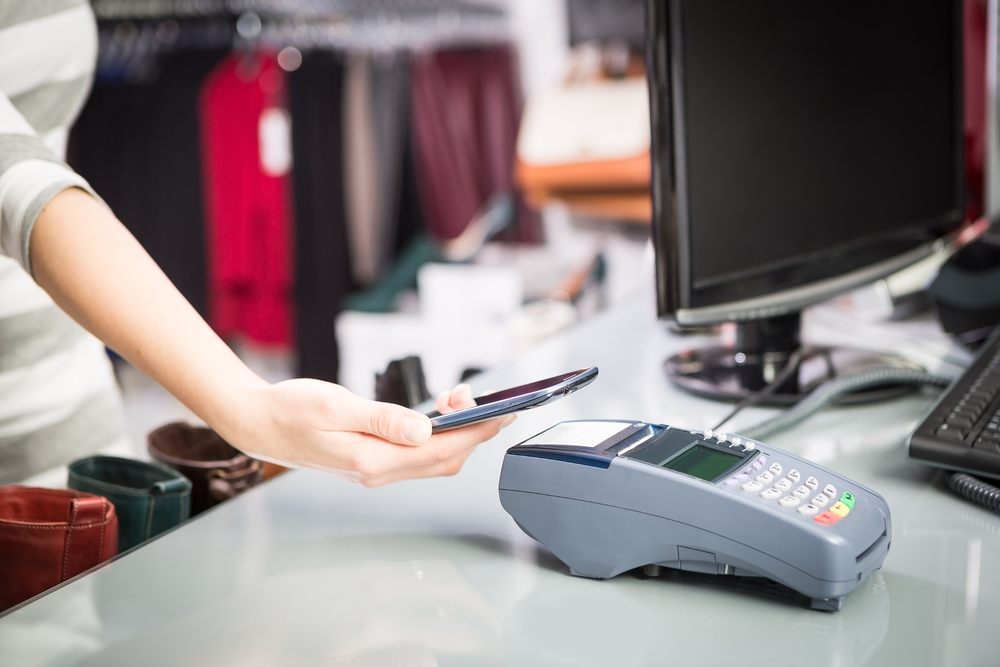The current Coronavirus pandemic has mandated many institutions to rethink the usage of one surface that changes many hands day-in and day-out that is cash and cards. The Indian Government as well as RBI and banks have urged citizens to use digital payments to reduce the spread of COVID-19. As a result, there has been a spur in digital modes of payments, which will continue to rise in the days to come. This unexpected urgency has brought first-time users as well as users who are not very tech savvy too under the ambit of digital payments ecosystem.
In the last few years, especially since demonetisation, India’s digital payment infrastructure has strengthened significantly with the help of initiatives by the Govt. and Fintech players. For instance, introduction of innovative platforms like BHIM UPI, wallets, QR code, tap and pay and increase in merchant acceptance points by the way of smart POS terminals accepting multiple forms of digital payments, FASTag, Fastlane and others. With collective efforts towards digital literacy and awareness, we have also seen increase in usage of NEFT, IMPS/RTGS, which have further the growth of digital payments in India.
According to RBI data released recently, February 2020 recorded approximately 24.83 crore NEFT transactions and 24.78 crore IMPS transactions; while UPI clocked 1.32 billion transactions, highest ever in a month as stated by NPCI. Even Fastag cross 10 crore mark in February 2020. These statistics are a testimony to the fact that people are marching towards digital payments in great numbers.
Availability of such an ecosystem has ensured that day-to-day lives of people are not affected amidst such crisis. While the increased adoption of digital transactions will definitely play an important role in reducing the risk of spreading the virus, it puts many at risk of cyber or online frauds. Basic precautions and vigilance can help the end-consumers avoid falling prey to various online scams.
Precautions To Practice Safe Digital Payment
Some of the precautions that one needs to take in order to continue to ensure safe digital payment are explained in the paragraphs below:
Never share UPI pin for receiving payment
One of the most common ways of duping people online is luring them into clicking on links that offer money. UPI being one of the most popular and fastest growing platforms for P2P & P2M payments registering billions of transactions in past two months is the latest in cyber fraud list. A UPI user is required to enter pin to authenticate ‘send’ payment only. In any case, user must refrain from clicking on any link which asks for financial details like a transaction PIN.
Do not share OTP with anyone
Another common way of deceiving users is by asking for OTP. Though it is very easy to spot this scam, there are naïve or first-time users who might give in their details thinking it has something to do with their bank account security. Remember, your bank will never ask for your OTP or other sensitive details.
Beware of your online purchases
With many people quarantined at their homes, there will be an unprecedented increase in the sales of e-commerce platforms. This puts them at a huge risk. Therefore, be extra cautious while clicking on pop-ups that seem lucrative on these sites. Chances are that they might be malicious. Ensure you have updated all important software like anti-virus installed on your system including smartphones.
Get your facts only from legitimate websites
In times of a global crisis like this, many people try to be updated with the latest developments due to the pandemic. Scammers and fraudsters are known to take advantage of this. According to a report by cybersecurity firm Check Point Research, Coronavirus-themed domains 50 per cent more likely to be malicious. Users must seek information only from trusted websites like World Health Organisation.
Beware of Phishing
Phishing involves redirecting an online user to a seemingly official website where victims are tricked into updating their personal information like bank account numbers or debit/credit card numbers. It is one of the oldest methods of online fraud. To be safe, hold yourself back from clicking on unfamiliar links on web pages, emails or text messages. If there is any mail which raises doubts, call your bank / friend/relative, from whomever you received the email and verify its authenticity.
Stay informed as much as possible
Regulatory bodies like RBI and networks like NPCI, Mastercard and Visa take various initiatives to ensure implementation of best payment practices. Absence of a clear understanding of such initiatives by the customers makes them susceptible to online frauds. For instance, RBI’s recent guideline restricts the use of cards – credit/debit at ATM and PoS terminal in India only, until it is enabled for online transactions by the user itself. The issuing bank may also restrict the transaction limit or discontinue online usage of cards depending on user’s history. This is done to enhance security on card usage. However, it may add to confusion among first-time users or those with limited digital knowledge, putting them at higher risk for online frauds. Therefore, take note of important communications from your bank to stay updated with latest developments.
Despite frequent communication and customer education by the banks, there are still possibilities of online frauds as scamming techniques evolve with time. Such risks can be further minimised if banks integrate their systems with online real time fraud monitoring systems and actively tune the rules of such system. Expert help can be solicited in these times.
In a nutshell, while the banks, regulatory bodies, cybersecurity agencies and payment providers ensure we get best and secure payment platforms, its success will largely depend on how safe our digital practices are.
The author is the Chief Technology Officer (CTO), AGS Transact Technologies









